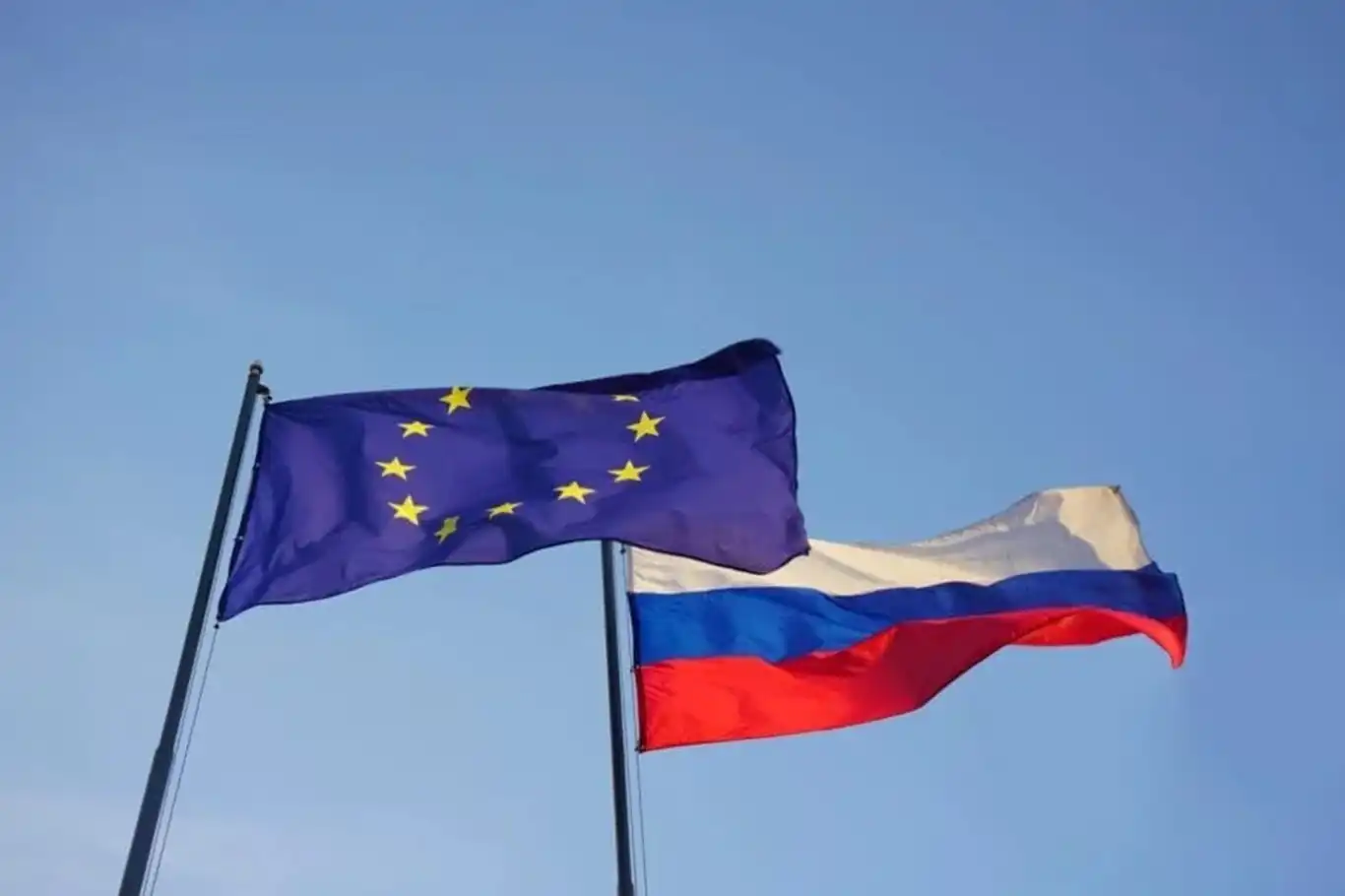EU slams Russia with toughest sanctions yet, targets energy and finance in 18th package


The European Union has unleashed its most aggressive sanctions package yet, the 18th in its series, targeting Russia’s economy in response to its ongoing war against Ukraine.
Announced on July 18, 2025, the measures also extend to Belarus for its complicity in supporting Moscow’s military campaign, signaling the EU’s unwavering resolve to choke Russia’s war machine.
The EU Council’s latest sanctions package hits Russia’s energy, banking, and defense industries with unprecedented force. EU High Representative for Foreign Affairs Kaja Kallas declared: “Europe will not back down. We will continue to raise the pressure until Russia ends its war.” The package adds 55 new listings—14 individuals and 41 entities—bringing the total number of sanctioned targets to over 2,500 for undermining Ukraine’s sovereignty.
A centerpiece of the sanctions is a drastic cut in the oil price cap from $60 to $47.6 per barrel, aligning with global market prices to slash Russia’s oil income, which fuels a third of the Kremlin’s budget. The EU also targeted 105 tankers in Russia’s shadow fleet, banning them from EU ports and services, and sanctioned a ship captain and a private flag registry operator for the first time.
The EU's 18th sanctions package delivers a severe blow to Russia’s energy sector, introducing stringent measures to curb its economic lifeline. These include a ban on importing refined petroleum products derived from Russian crude through third countries, with limited exemptions granted to select allies, a complete transaction and service ban on the Nord Stream 1 and 2 pipelines, and the termination of oil import exemptions previously allowed for Czechia, further tightening the economic noose around Moscow.
The EU intensified its financial crackdown by banning 22 more Russian banks from financial messaging services and lowering the threshold for sanctioning third-country financial institutions and crypto providers aiding Russia’s sanctions evasion.
The EU's 18th sanctions package intensifies pressure on Russia’s financial sector with targeted measures, including a total transaction ban on the Russian Direct Investment Fund (RDIF) and its affiliated entities, restrictions on companies providing support or investment services to RDIF, and a ban on exporting financial software used in Russian banking, further isolating Moscow’s financial infrastructure from global markets.
To hobble Russia’s war effort, the EU imposed export restrictions on 26 entities involved in supplying dual-use goods and battlefield technologies, including three Chinese and eight Belarusian companies. Eleven entities outside Russia, in countries like China, Hong Kong, and Türkiye, face bans for producing or exporting drone components. The package also restricts critical military production items like CNC machines and chemical propellants.
The EU sanctioned individuals linked to the deportation and indoctrination of Ukrainian children, as well as those manipulating Ukrainian cultural heritage and spreading Kremlin propaganda, reinforcing accountability for war crimes.
Belarus, Russia’s key ally, was hit with sanctions on eight military-industrial entities, a full financial messaging ban, and an arms import embargo, mirroring restrictions on Russia.
To shield member states from Russian retaliation, the EU introduced legal mechanisms to block arbitration claims by sanctioned Russian companies and oligarchs exploiting investment treaty loopholes.
The EU reiterated its unwavering support for Ukraine’s independence, endorsing Kyiv’s peace formula rooted in the UN Charter. With promises of sustained political, financial, and military aid, Brussels underscored its commitment to Ukraine “for as long as it takes.” (ILKHA)
LEGAL WARNING: All rights of the published news, photos and videos are reserved by İlke Haber Ajansı Basın Yayın San. Trade A.Ş. Under no circumstances can all or part of the news, photos and videos be used without a written contract or subscription.
UN Secretary-General António Guterres announced that constructive discussions between Greek Cypriot leader Nikos Christodoulides and Turkish Cypriot leader Ersin Tatar have led to significant progress on trust-building measures for Cyprus.
The Freedom Flotilla Coalition announced that its vessel Handala will depart from the southern Italian port of Gallipoli on July 20, aiming to break Israel’s illegal and deadly blockade of the Gaza Strip.
The Government Media Office in Gaza has issued a searing statement exposing Israel’s deliberate and systematic targeting of Gaza’s water and food infrastructure — an unfolding “crime of thirst” amid an already devastating humanitarian catastrophe.
The Yemeni Armed Forces announced a major retaliatory operation late Friday night, declaring that they had launched a hypersonic ballistic missile, dubbed "Palestine-2," at Israel’s Ben Gurion Airport near Tel Aviv.